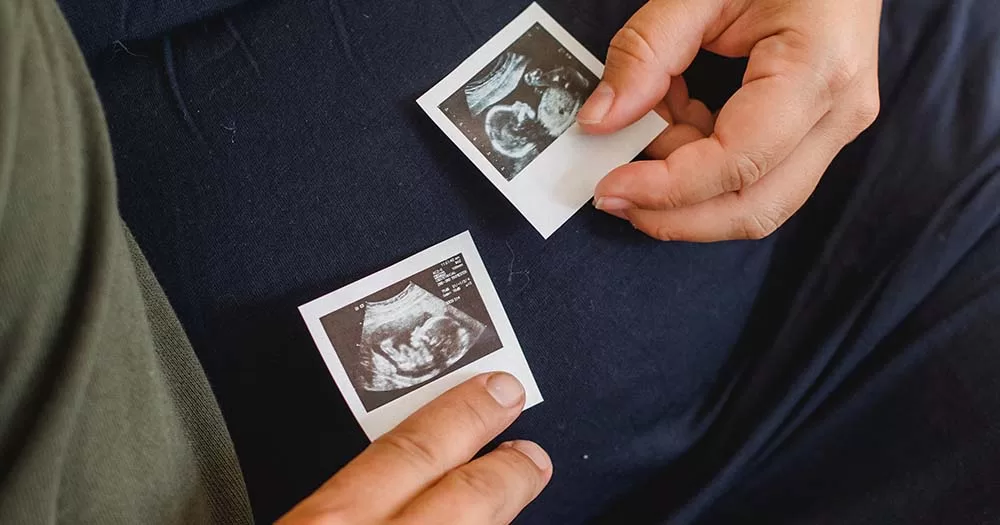Same-sex couples are excluded from Ireland’s newly announced publicly funded IVF scheme that begins in September.
The public funding will be implemented on a structured and phased basis, so these criteria may change in coming months, but the version of the funding scheme which will begin in September states that single people, same-sex couples, and heterosexual couples who require donor eggs or sperm will not be eligible.
Private fertility clinics in Ireland offer IVF and IUI services to same-sex lesbian couples who wish to become parents, but unfortunately many couples cannot afford the costs required for fertility treatments.
Due to current surrogacy restrictions in Ireland, same-sex male couples must seek surrogacy options outside of the country, and these services are cost-prohibitive for many.
Today’s decision on IVF/IUI funding is very disappointing for many LGBT families.
The decision to bar those who use a donor from the funding scheme means that all same-sex couples will be excluded.
There is no justification for this.
— LGBT Ireland (@LGBT_ie) July 25, 2023
While many people are celebrating the fact that the long-awaited public-funded option is being implemented at all, people are criticising eligibility requirements.
The newly implemented programme is limited to heterosexual couples who currently do not have children and have a known cause for infertility. Further, the woman planning to carry the child must be under 41-years-old and have a certain body mass index (BMI). Critics are also skeptical of the decision to only allow people to access IVF through private fertility clinics rather than public hospitals.
Labour Senator Marie Sherlock described the criteria for those qualifying for publicly-funded IVF treatment as “crude,” saying: “I think as well, there are a number of people who will be listening this morning, particularly women who would hope to either go it alone and would rely on donated sperm or indeed couples who rely on donated eggs, and they’re excluded from the scheme.”
She added: “I look forward to reading the experts’ recommendations and indeed then putting that alongside the government’s criteria, because I think there are some causes for concern based on what has been reported this morning.”
This criteria business makes me uncomfortable. It screams discrimination. #IVF #Ireland https://t.co/gqg8gcFdiR
— amy fitzpatrick (@amyfitzpatric14) July 25, 2023
As an additional barrier, no fertility clinics in Ireland currently include a lab capable of processing samples from people with HIV, so people living with HIV are forced to travel abroad for fertility treatments.
Clinics in the UK that offer fertility treatments for HIV-positive patients often include full or partial government funding for UK citizens, but people traveling from Ireland have to pay costs out of pocket which can exceed €10,000.
A reminder that IVF is not available in Ireland, even privately, for women living with HIV
In the #UequalsU era, where an undetectable viral load means people cannot transmit HIV, this is particularly egregious and based in stigma and racism rather than science@HIVIreland https://t.co/LonTuy8bpI
— Christine Kelly (@ChristineCeili) July 25, 2023
Prior to introducing the IVF scheme, Ireland was the only EU country that did not offer state-funded assistance for IVF, a treatment that typically costs between €4,000 and €5,000. Publicly-funded IVF was initially expected to rollout in 2021, but the progress was delayed because of the Covid-19 pandemic.
The 2023 budget allocated €10 million to fund the roll-out of free infertility treatments which are beginning in September. For those who are eligible for the treatment, up to three cycles of Intrauterine Insemination Treatment (IUI) will be covered.
© 2023 GCN (Gay Community News). All rights reserved.
Support GCN
GCN has been a vital, free-of-charge information service for Ireland’s LGBTQ+ community since 1988.
During this global COVID pandemic, we like many other organisations have been impacted greatly in the way we can do business and produce. This means a temporary pause to our print publication and live events and so now more than ever we need your help to continue providing this community resource digitally.
GCN is a registered charity with a not-for-profit business model and we need your support. If you value having an independent LGBTQ+ media in Ireland, you can help from as little as €1.99 per month. Support Ireland’s free, independent LGBTQ+ media.

comments. Please sign in to comment.